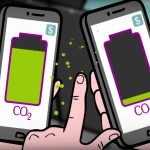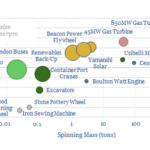Our vision is to decrease CO2 emissions and build a climate-stable future – people acting together, and working with businesses and organisations. The good news: this won’t be as tricky as you might think!
EcoCore’s Plan
In simple terms, these are the goals we’re campaigning for:
- Each country sets its own carbon budget, which means there’s an agreed national limit to CO2 emissions. Based on this, it then issues a carbon currency (consisting of “carbon tokens” to spend) to citizens.
- Every citizen receives an allowance of carbon tokens into their individual carbon account. When they buy goods or services, they also pay a carbon token price as well as the normal financial cost. This price is the total amount of CO2 generated to produce these goods or services at every stage of its life cycle up until purchased.
- Every business runs its own carbon account to manage its carbon expenditure and income.
We believe instituting these changes will create the quickest and most reliable way out of the climate crisis. Of course, it will be seen by some as hugely radical. What people would vote for it, and what corporations would lobby for it? We have a plan that we think will provide that break-through.
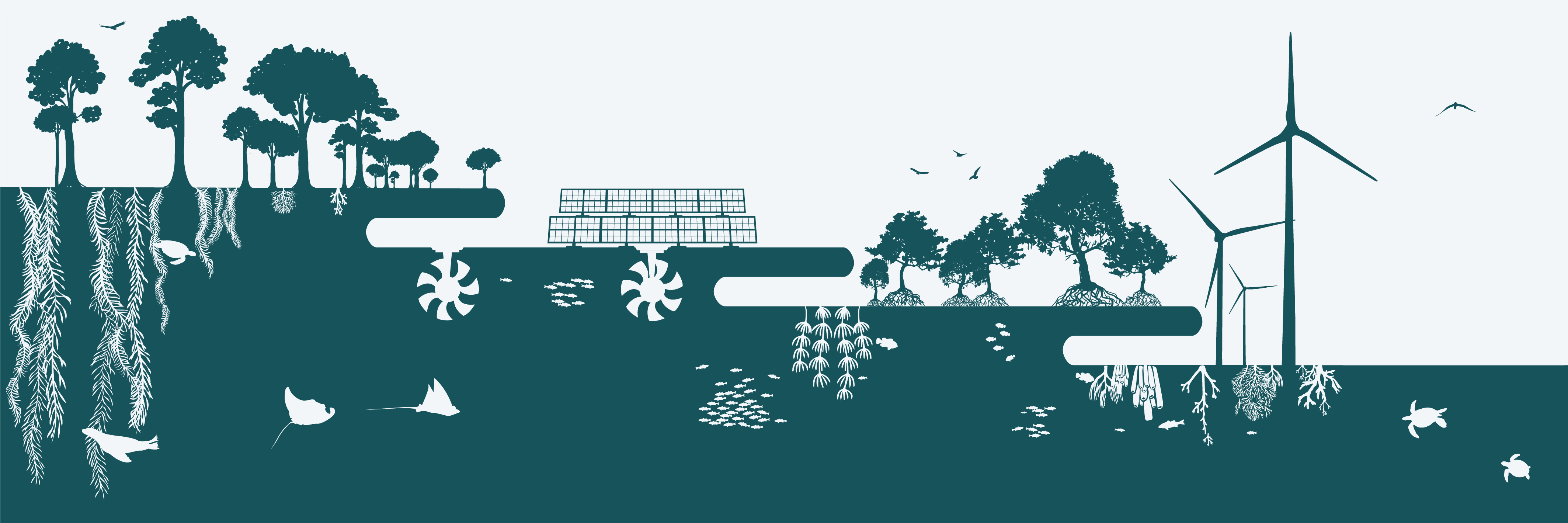
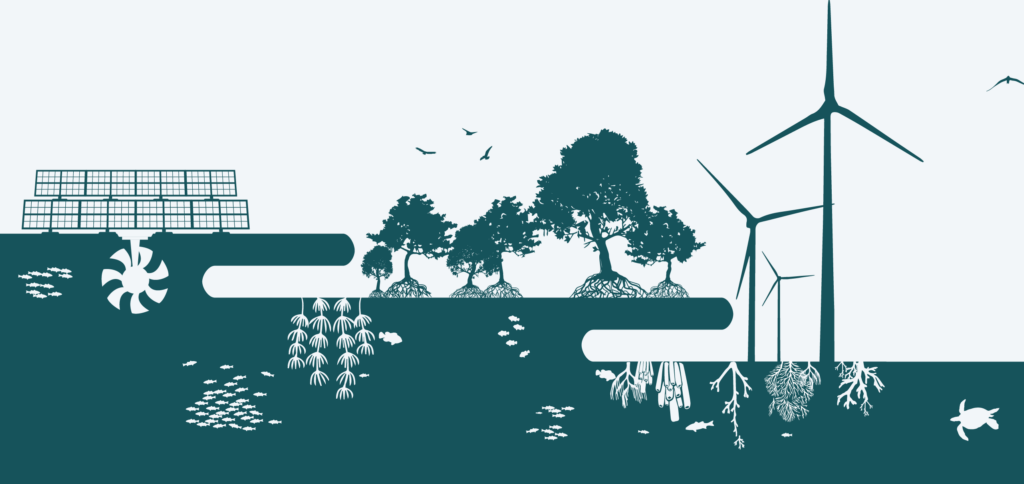
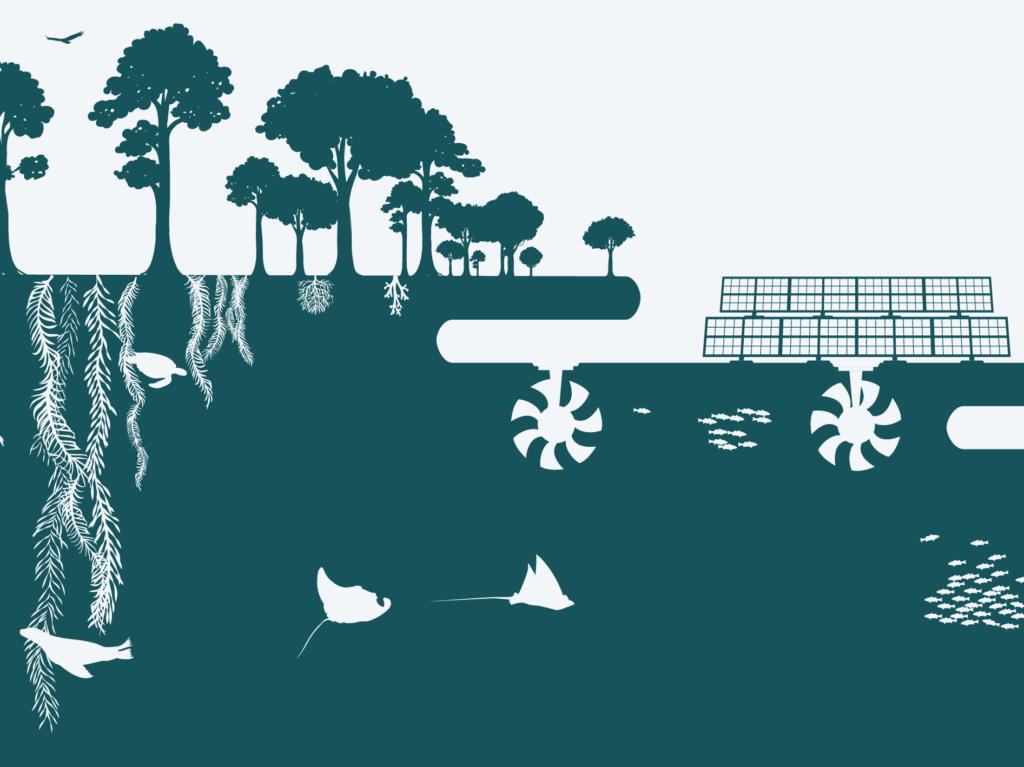
Informed Views
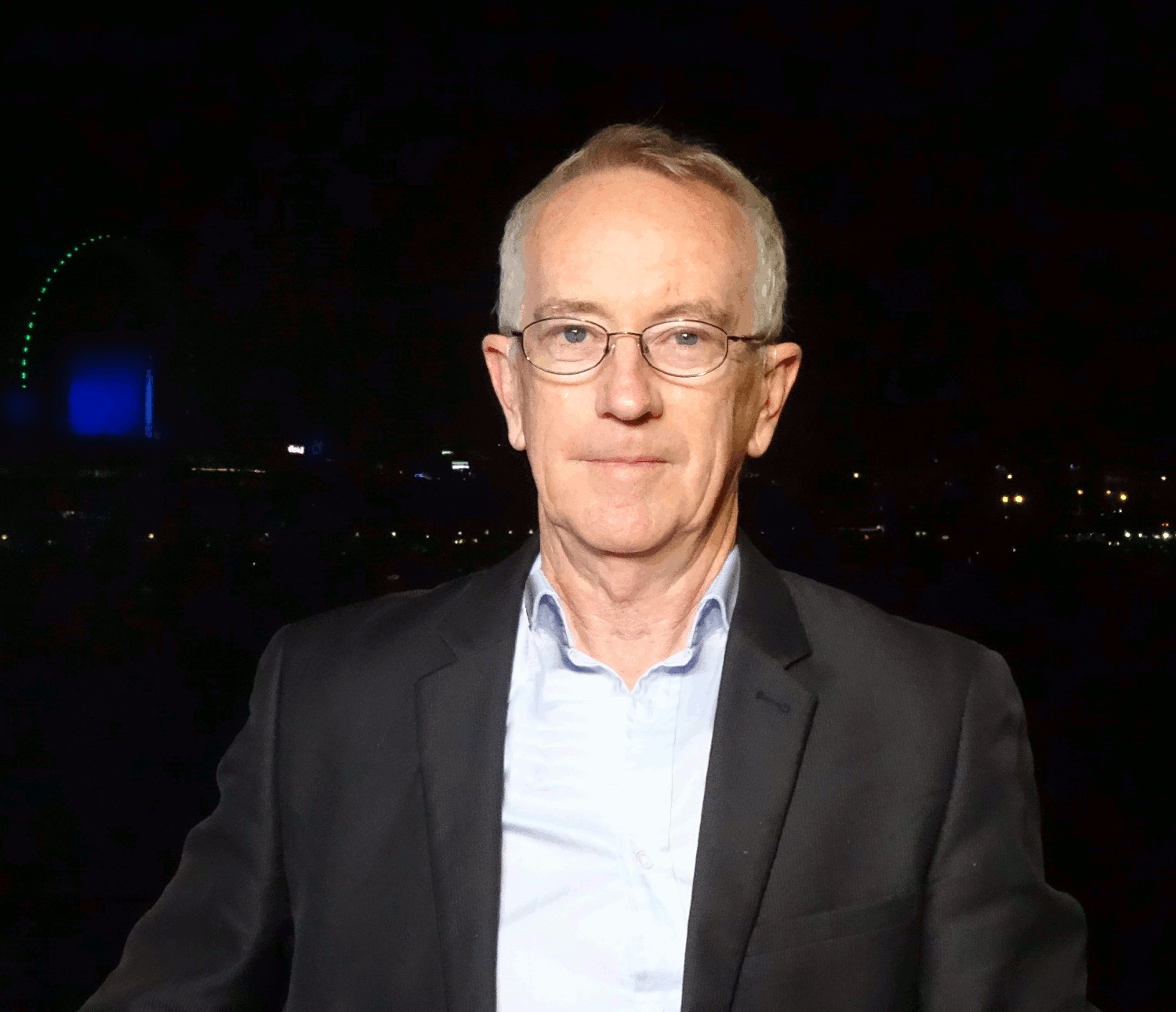
The Carbon Accounts policy – a carbon currency based on carbon allowances – should replace attempts to set a carbon price. We roughly know the quantity for various global warming scenarios. Setting the quantity per capita & issuing that could be a lot more effective than trying to guess the “right” price for carbon.

Personal Carbon Allowances is a framework for reducing CO₂ emissions based on fairness and practicality, and I can see that the Carbon Currency policy would build on that on a larger scale. Since the world needs radical, equitable and effective solutions, it would be fantastic to see something based on these principles tried out and put into practice.
Dr. Tina Fawcett
A fair, business-friendly, and non-authoritarian system
Here are just some of many other good reasons why this approach will work:
- Shared responsibility in reducing society’s emissions
- Freedom to spend your carbon allowance on what is important to you
- Strong carbon price signals throughout business and industry
- Motivation for businesses and industry to innovate and adapt to attract increasingly carbon-savvy customers, both citizens and business-to-business
- Fair limits to how much fossil fuel can be produced or imported, depending on the number of carbon tokens issued to the public, yet controlled at source at the oil well, gas field or coal mine
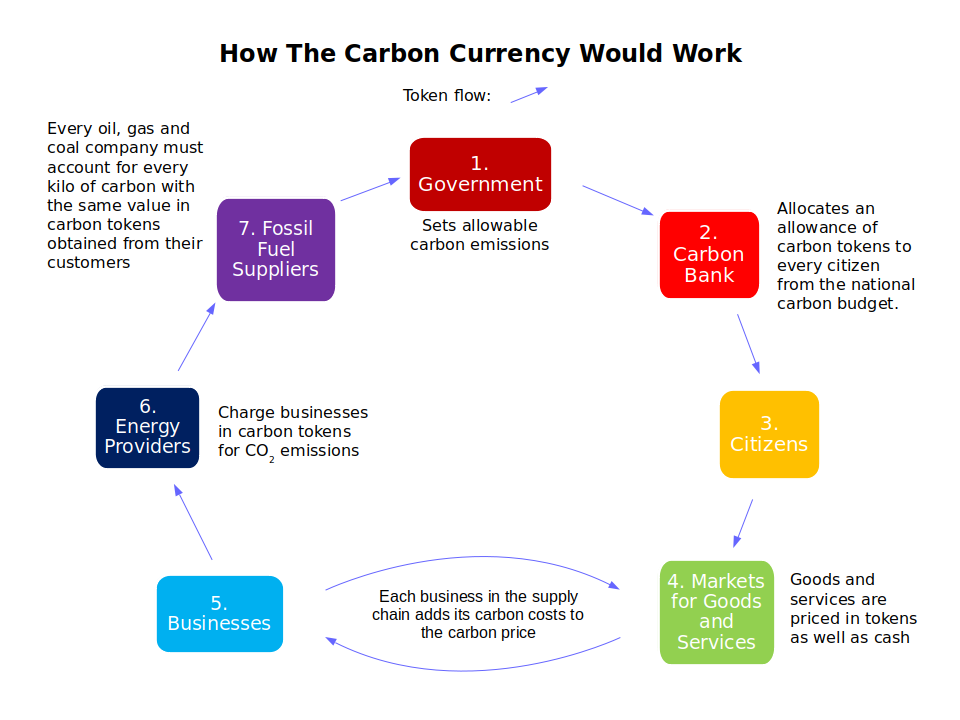
Is this plan realistic?
Yes. EcoCore non-executive director and economist Prof. Steve Keen has advocated for such a system for several years now. Other academics have endorsed the idea of carbon currencies, too. Read more about our other planned research activities here.
We are also building a community action group in North London to demonstrate publicly how carbon accounts, having a carbon budget and receiving a carbon allowance works for normal people and how it affects our lives. This is unique in the UK.
To enable this, we are creating a straight-forward but accurate personal emissions-tracking app that ordinary people can use easily every day. This will inform our group development and give us data to underpin our academic approach.
The costs to the state and transaction costs required to implement our proposed system would be small in comparison to the billions proposed for climate-related subsidies and government spending programmes. See Cost of implementation.
Why you need to act now
Climatologists agree that we need to keep to a ‘global carbon budget’, i.e. a limit of several thousand million tonnes of CO2 emissions that will prevent the worst outcomes for the climate. Currently, the world still emits astounding amounts of CO2 every year as we race into an unknown future. But we – and you – can still do something.
Help us introduce a mandatory CO2 reduction mechanism to decrease the burning of fossil fuels.

One can see from space how the human race has changed the Earth. Nearly all of the available land has been cleared of forest and is now used for agriculture or urban development. The polar ice caps are shrinking and the desert areas are increasing. At night, the Earth is no longer dark, but large areas are lit up. All of this is evidence that human exploitation of the planet is reaching a critical limit. But human demands and expectations are ever-increasing. We cannot continue to pollute the atmosphere, poison the ocean and exhaust the land. There isn’t any more available.
Yes, individuals make a difference
In fact, we as individuals are the most effective driving force that can prompt business and government to act. Join us as a subscriber and become part of the new story as one of EcoCore’s Patreon members for as little as £3 per month today.
Your contribution will help our proposal land on the desks of governments, central banks, and intergovernmental organisations like the United Nations, help grow academic support for our position, raise public awareness about our policy and last but not least, support our grassroots efforts to create a living demonstration of Carbon Accounts in action.
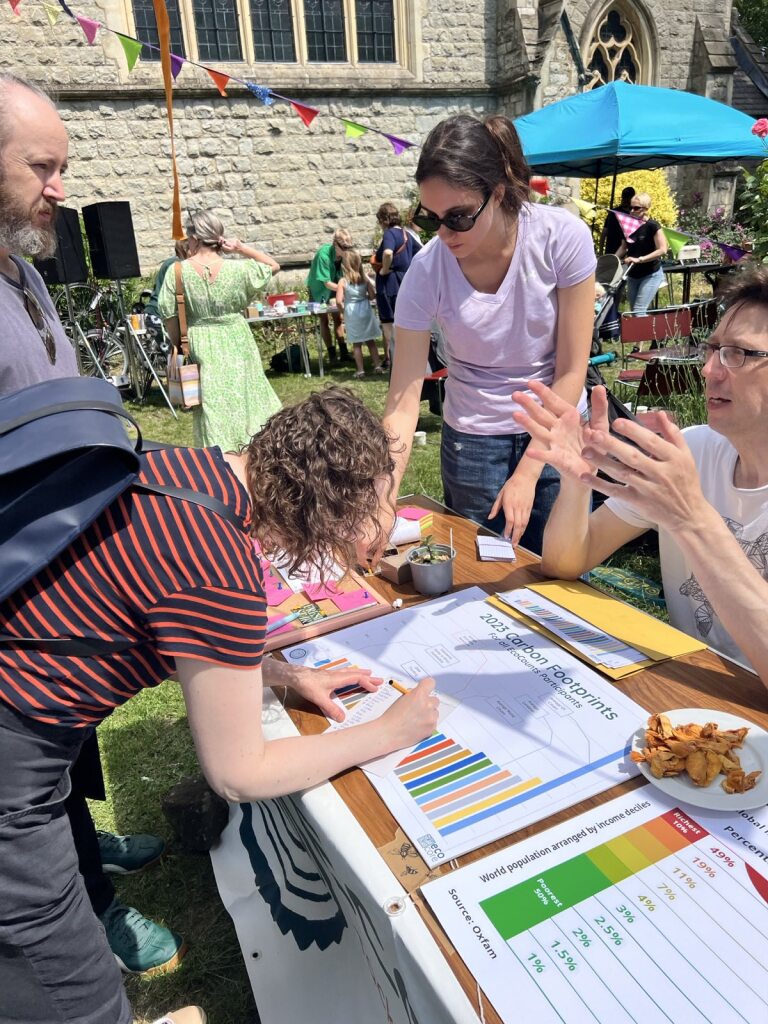
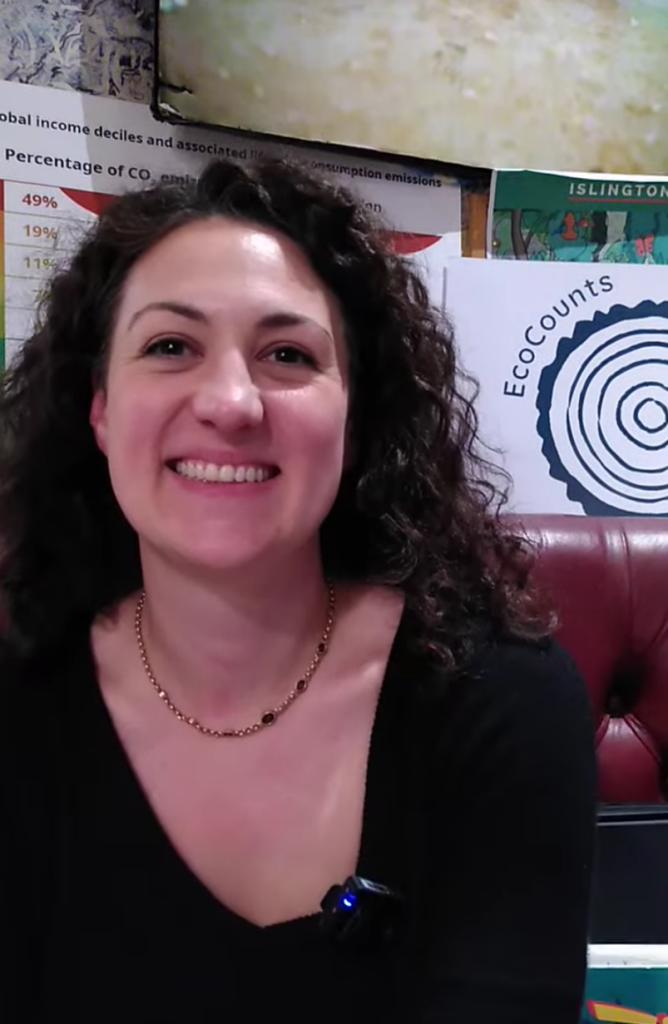
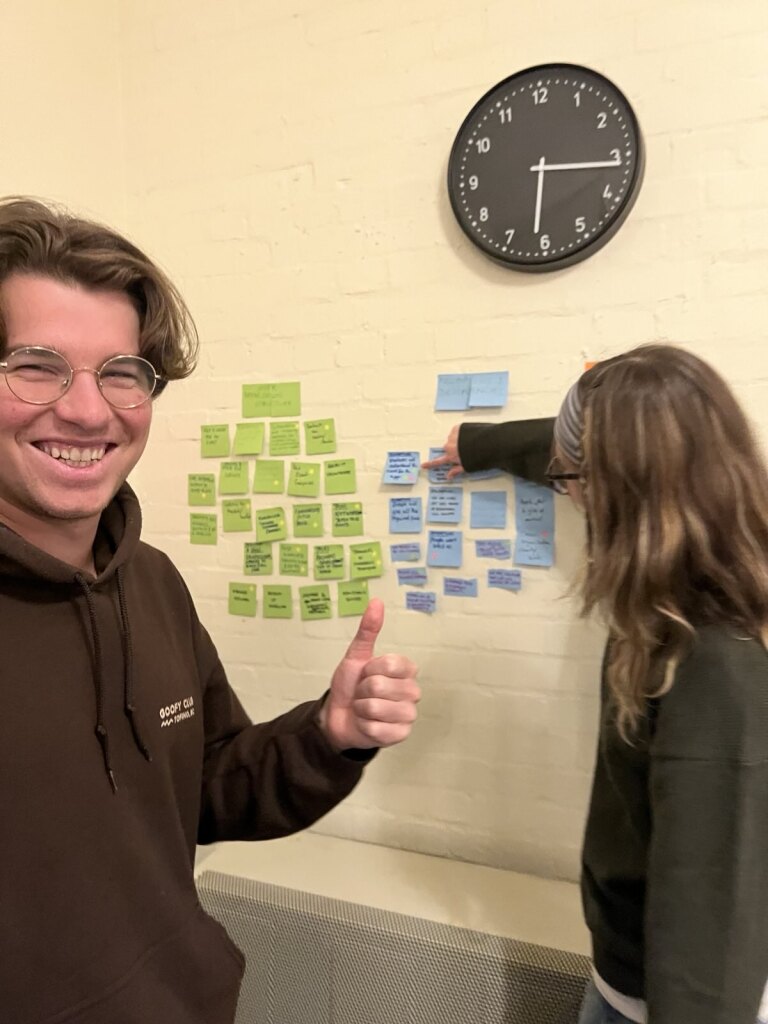
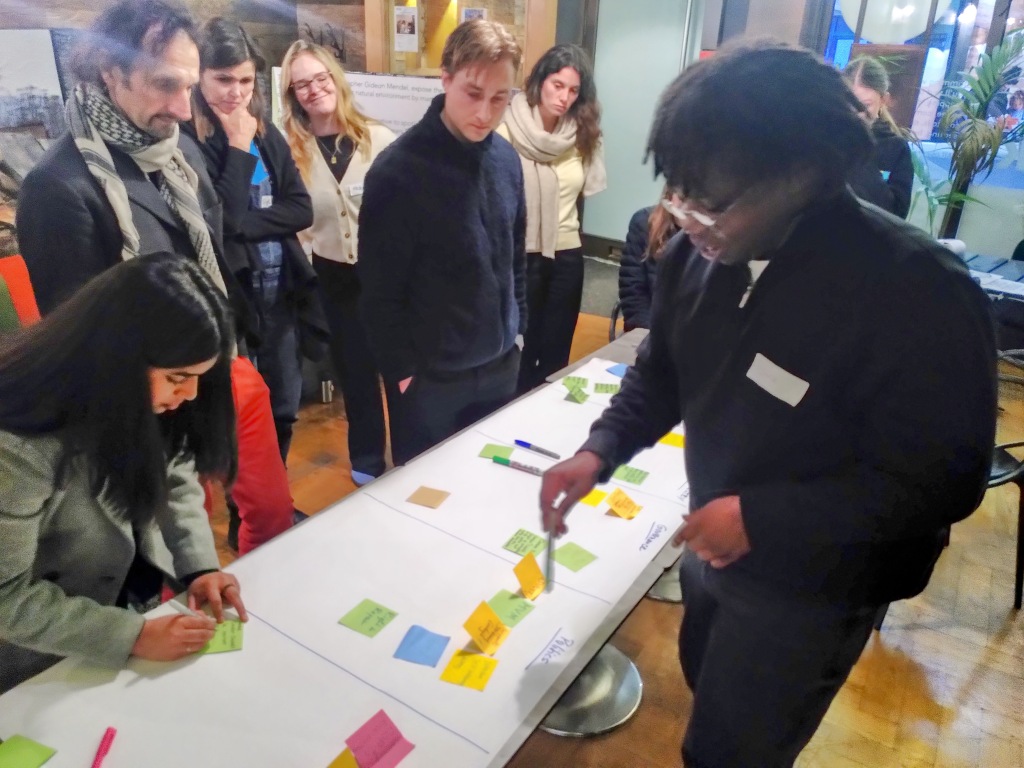
You have lots of other choices to get involved, too: collaborate with us, subscribe to our newsletter, and follow and share our social media posts, or if you are in North London, check out our climate action group.


